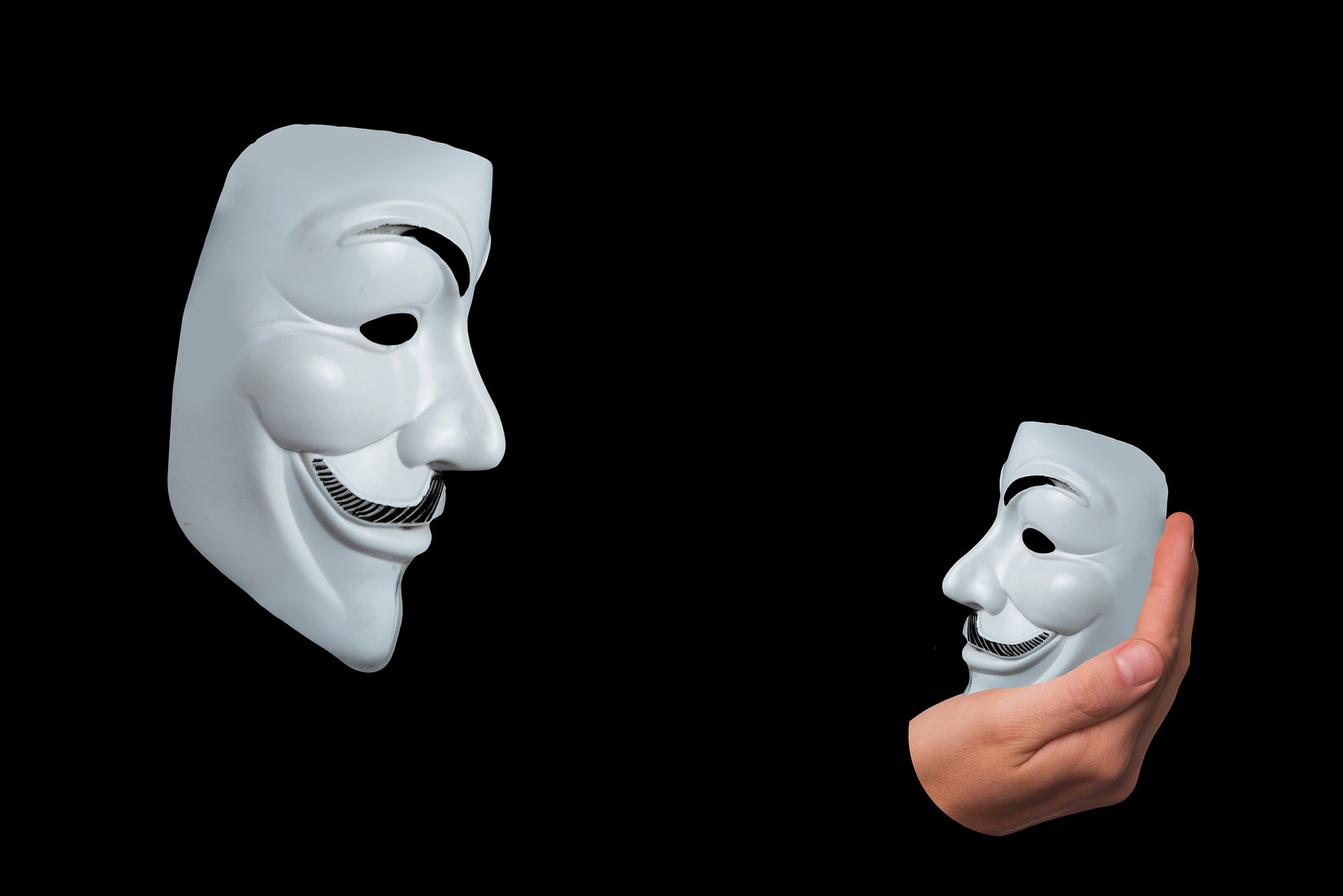How Music therapy helps improve mental health?
Feature Articles, Health & Welfare, Psychology, Social & Youth development,

Shakespeare once said the earth has music for those who listen. There is an innate capacity in an individual to entrain and move to the beat. Music therapy helps improve mental health as music is inviting, fun, and non-invasive. Every one of us attaches a meaning to music, it is familiar and dear to us all. Music has the potential to create mindful and meaningful changes in the holistic development and growth of an individual.
Music therapy has been conjoined with neuroscience to help advance music-based interventions for diseases and disorders of a wide variety.

How music affects our brain and heart?
Music is said to be the food for our souls. Human responsiveness to music begins in the womb. Babies and newborns too are able to detect the beats in music much before they learn to speak or understand words. According to studies, there aren’t many activities that make our brain light up but music activates our entire brain. It takes us places, it reminds us of places, and at the same time, it calms and soothes our forlorn souls. Music therapy:
- helps relieve our stress;
- increases self-esteem and motivation;
- helps treat anxiety;
- improves social cognition;
- provides a safe environment.
- provides therapeutic humor.
Our culture or the commonwealth human culture is entwined with music. All the good things in our life have music in them. Nostalgia has notes, memories have melody and love has verse. These observations are not philosophically driven but scientifically proven. Scholars have identified the instinctive tendency of humans to relate experiences and moments with music and its melodies. It makes us experience joy and sorrow and feel satisfied at the same time. The pleasure associated with this tendency is what keeps it going beyond time and civilizations.

How music therapy helps improve mental health?
Music helps the brain work in intricate, interrelated, and astonishingly fast sequences. It is basically a full-body workout of the brain. Neuroscientists have discovered that the artistic and aesthetic aspects of music are different from any other activities studied including other arts. The wholesome combination of rhythm, melody, harmony, tone, and dynamics brings about a sensation in the human body and brain which facilitate therapeutic changes. The calming effect that music has on our brain is used in music therapies to treat patients with mental health issues.
- Music therapy helps improve mental health by associating music with a source of individual identity. Music is something everybody knows and feels but in different and unique ways. It calms our minds and releases hormones that balance our stress.
- Music therapy helps people with moving disorders. Doctors are using music in treating diseases such as Parkinson’s and strokes so as to help the patients coordinate with it easily. Studies suggest an 80% speedy improvement in such patients with music than without it.
- Children with autism respond better to sound cues rather than spoken cues.
- Music therapy repairs brain damage. It stimulates and activates the brain like no other activity. A musician playing an instrument is said to have fireworks going off in his brain. This has been studied and proven through FMRI and other scans.
- Music therapy could be responsible for “Neurogenesis”. Neurogenesis is the birth of new brain cells. Thus, music is to the brain what water is for our body.
- Music therapy effectively fights depression, anxiety, stress, and other mental health issues by keeping us centered, calm, and balanced.

What exactly does music do to our brain; and why music therapy helps improve mental health?
In the evolutionary past, music was used to facilitate people accomplishing great tasks together that cannot be done individually. In other words, using music to maintain and sustain effort over time as music helps organize, motivate and sustain. For instance, men loading cargo into a ship were often seen humming an encouraging song together. As Hannah Harington said, good music speaks to you, it changes you.
The greatest detective world has ever known, Sherlock Holmes, though a fictional character yet as real as any other person could be. He used the violin as a medium to indulge in creative thinking. He preferred the company of his musical instrument whenever he felt the need to emerge in his clouds of deep thought.
Studies have claimed the existence of a phenomenon known as the Mozart effect, which presses on the point that classical music makes us smarter. Whether it is true or not, there is an innate capacity in human beings to move, react and feel the beat. This quality does not seem to change across the lifespan of an individual. This is why therapists and psychologists are widely using music to curate therapies that aid in the treatment process of various brain, movement, and mental health problems.

Conclusion:
However, how one experiences music is unique and subjective. It changes from person to person and it affects every person in different ways. Everyone has a unique sensory and nervous system. For some, music may just be noise and for others, it may be meditative. The type and quality of music also differ from person to person. Taste differs with the change of region or geography. Thus, this makes it difficult to curate music therapies that work universally and help all indiscriminately.
But, in general, people find it easy to coordinate with music. Music therapy may have its limitations like any other procedure but the music speaks to most in a way no other word can. It provides a sense of identity and helps us to participate. Music provides a sense of affiliation and fosters unity among a group. No wonder the National Anthem of most nations are musical and has a rhythm.
Therefore, music therapy has been widely becoming the means of therapy to treat individuals with mental health problems. It will indeed be an understatement to state that music therapy helps improve mental health. Music sure helps, and sometimes it cures.
References:
Tags: Anxiety, depression, Mental Health, music, Music therapy, Psychology,









